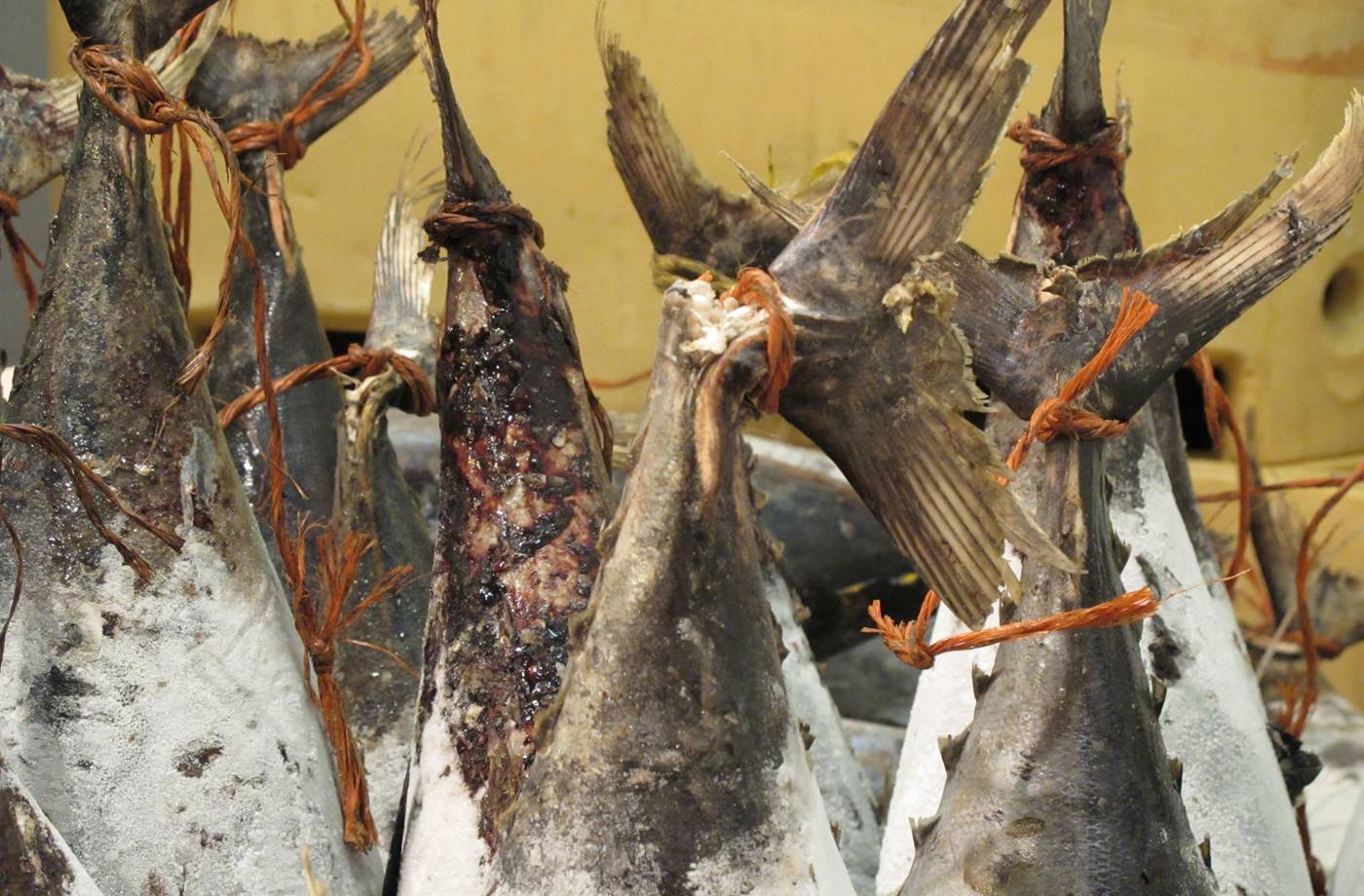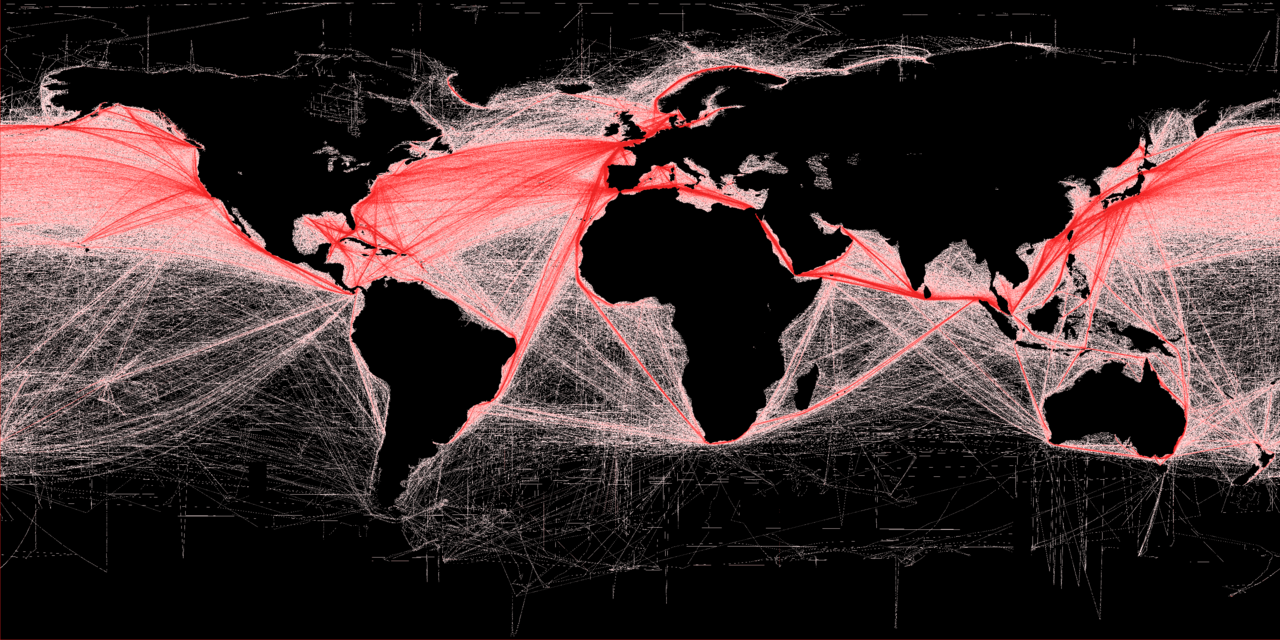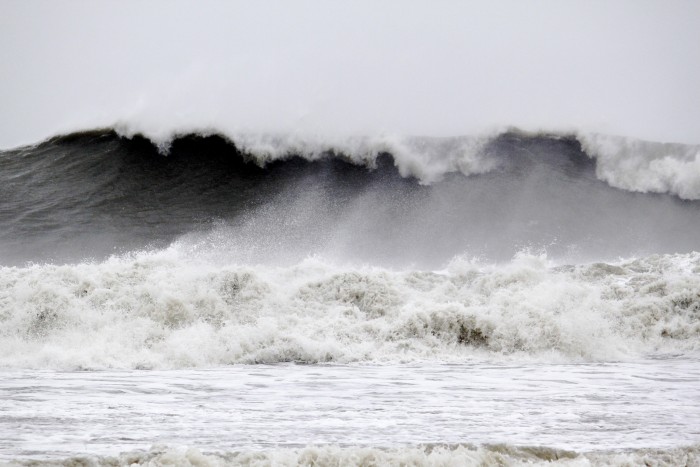“Where we live, work, and play.” That’s the phrase environmental justice advocates have used for decades to reimagine the dominant meaning of nature. It’s meant to challenge the stubborn conception that the natures worthy of care are limited to unspoiled virgin forests and exotic creatures in the wild. The expression tries to interrupt the unthinking assumption that the environment is where people are not. It reasserts the truism that a human life is as sacred as a clear vista on a high mountain top.
Tag: governance
Governance for the Anthropocene Ocean
In 2020, the world watched as climate, public health, economic, and racial justice crises converged. It has become increasingly evident that failures of collective and public policies around health and the environment have perpetuated individual suffering. If ever there was an opportunity for the collective to re-think business as usual… it is now. We are firmly situated in the Anthropocene: a time in which human activities are arguably driving our climate and changing environment. The ocean is not exempt from these human influences. Indeed, human energy demands and associated carbon emissions, unsustainable extraction of living and non-living marine resources, land-based activities, and natural processes are contributing to significant changes in marine and coastal environments. These changes include the persistence of plastic waste in most, if not all, ocean ecosystems and species, reduced oxygen and lower pH levels in coastal waters, unprecedented shifts in the range and distribution of marine species, and sustained elevated ocean temperatures over time and space, among others. These conditions exemplify what we are now calling the Anthropocene Ocean. The Anthropocene Ocean is also occurring amidst rapidly changing societies and associated limits to land-based industrial expansion; feeding an emerging narrative about the economic potential of the ocean and its resources (Campbell et al. 2016). Our rapidly changing ocean is also now perceived as the next frontier for growth and expansion of our global economic system.
Climate Change Resilience and Adaptation
The latest Environment and Society featured article is now available! This month’s article—”Climate Change Resilience and Adaptation: Perspectives from a Century of Water Resources Development”—comes from Volume 1 (2010). In their articles, Clive Agnew and Philip Woodhouse identify parallels between the problem of adaptive management presented by climate change and an earlier “global water crisis.” The article explores how adaptive strategies have successively emphasized three different principles, based on science, economics, and politics/institutions
Visit the featured article page to download your copy of the article today before it’s gone! A new article is featured every month.
Systematic Review of Recent Social Indicator Efforts in US Coastal and Ocean Ecosystems (2000–2016)
The latest Environment and Society featured article is now available! This month’s article—”Systematic Review of Recent Social Indicator Efforts in US Coastal and Ocean Ecosystems (2000–2016)”—comes from Volume 8 (2017). In their article, Victoria C. Ramenzoni and David Yoskowitz discuss the major rationale underpinning governmental efforts, after Hurricanes Sandy and Katrina, to quantify social impacts, resilience, and community adaptation , as well as the limitations and conflicts encountered in transitioning research to policy and application
Visit the featured article page to download your copy of the article today before it’s gone! A new article is featured every month.



